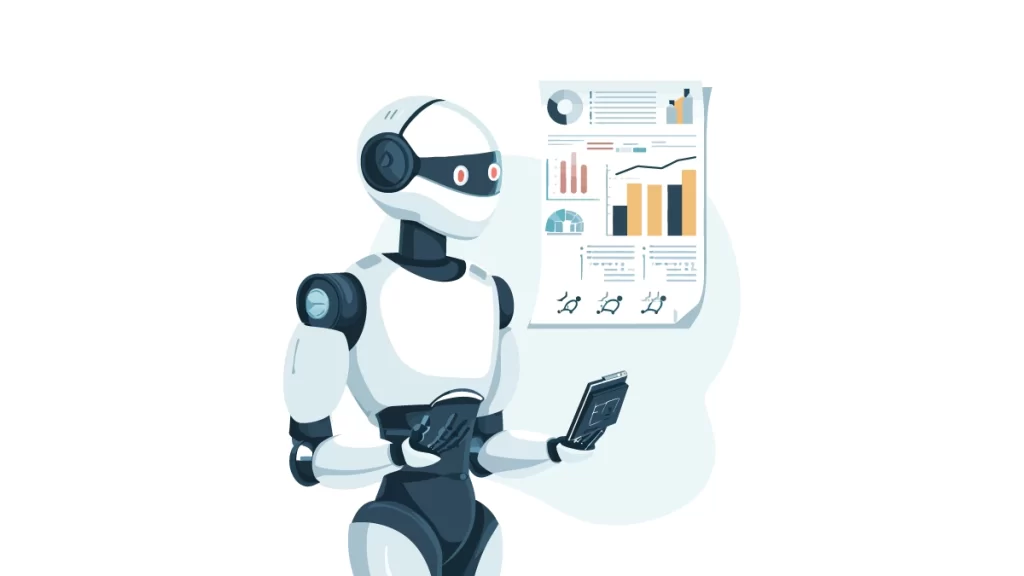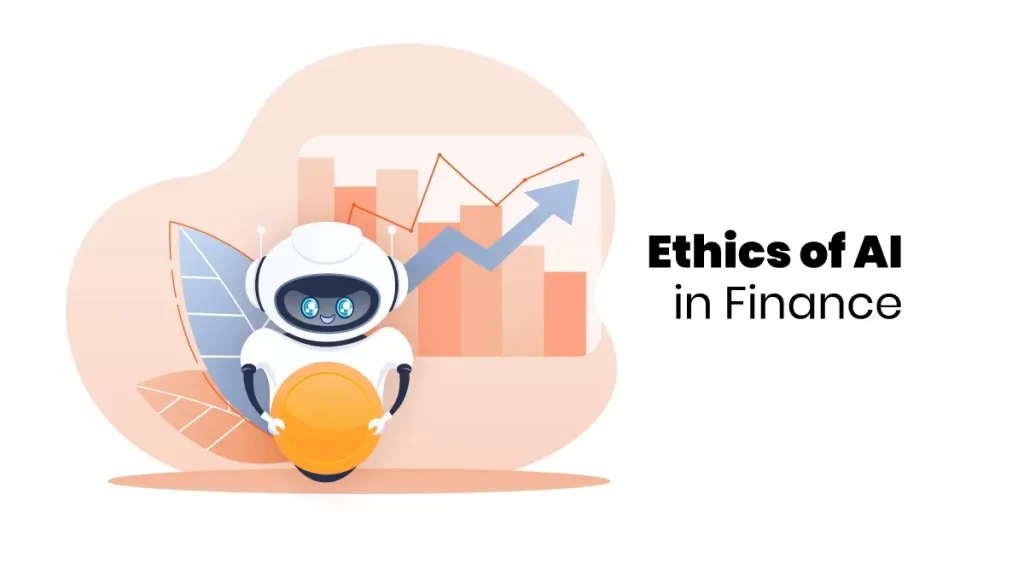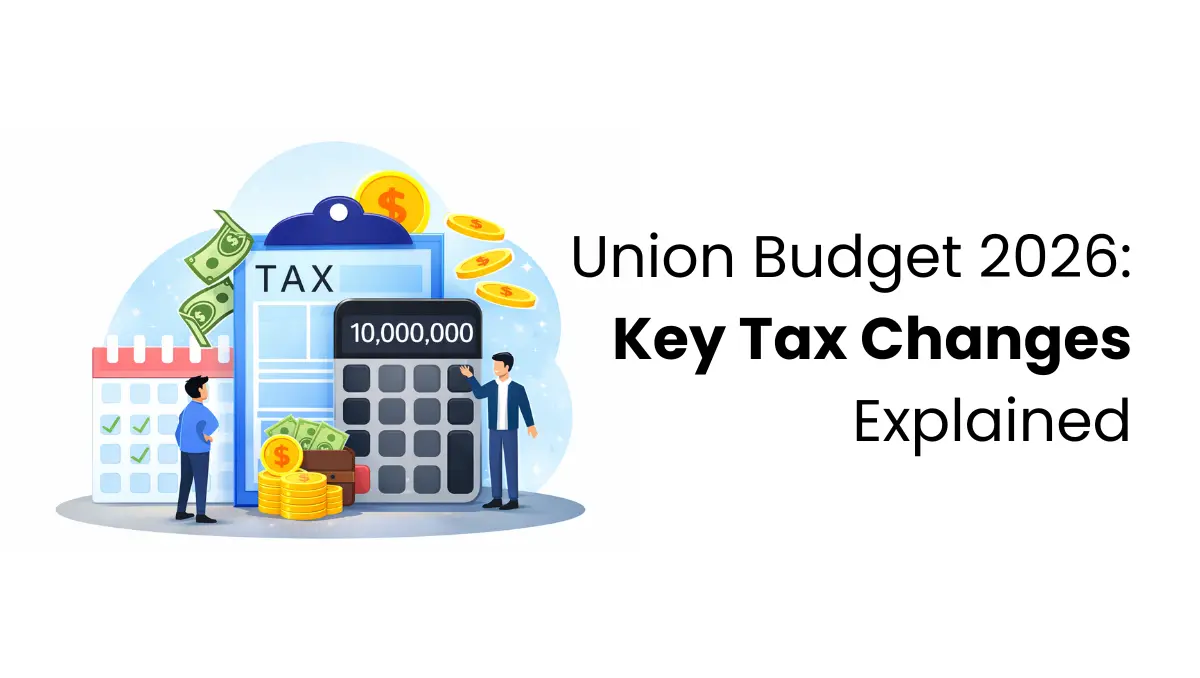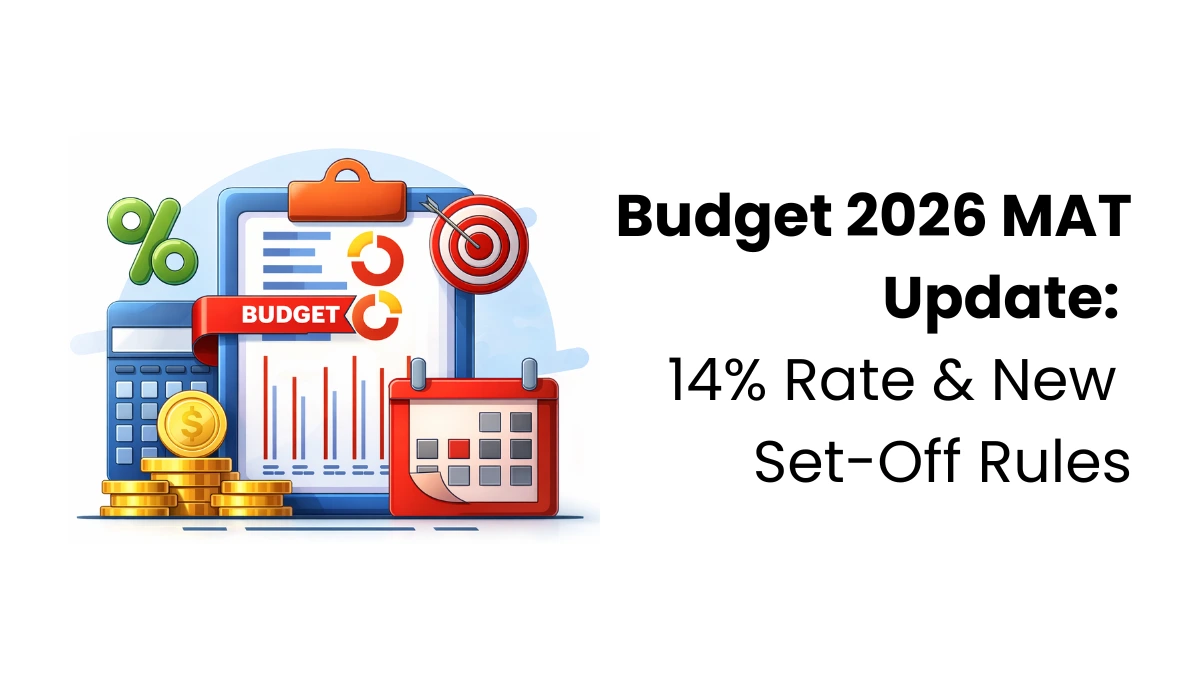In recent years, artificial intelligence (AI) has become more common in finance, helping to improve services faster. For example, companies currently use AI tools like chatbots to answer customer questions quickly and handle simple tasks. Chatbots will explain to customers about their account balances, when a payment is due, or even make transactions. The ethics of AI in finance are also important for stopping fraud in finance.
One way it does this is by checking transaction data to find any unusual activity that might be a fraud. These AI systems are trained with lots of past data to recognize everyday transactions. When something unusual pops up, they alert the bank, helping to prevent fraud. This protects the bank and its customers from financial loss and legal problems.
Banks and other financial institutions now use predictive analytics to help them decide who to lend money to and what trades to make. With the examples given earlier and many others, it’s clear that the ethics of AI in finance have already changed the finance industry a lot—and it’s not going away anytime soon.
Ethical Challenges in Using AI
Ethical thinking is critical to creating technology that is both responsible and lasting. These challenges aren’t just ideas; they matter in the real world and need a careful approach when developing and using AI ethics in financial services.
Bias and Fairness
Ethics of AI in finance systems work based on the data they learn from, so they can only be as unbiased as that data. It’s crucial to make sure AI doesn’t unfairly treat people differently based on their race, gender, or how much money they have.
To ensure fairness, we must carefully choose the data, build the AI models, and constantly check them. This helps reduce unfair biases and promotes fairness in how AI is used.
AI and Privacy Concerns: Data Security and Customer Consent
AI needs a lot of data to work, which raises significant concerns about privacy and keeping this data safe. Protecting people’s personal information and following data protection rules is essential.
For instance, AI doesn’t look at traditional credit histories in alternative credit scoring. It examines a wide variety of data points. Finding a good balance between using different kinds of data to improve AI and keeping individual privacy safe is crucial. This balance helps build trust and prevents harm, especially when dealing with sensitive financial details.
Respecting people’s independence and ensuring that interactions between humans and computers are meaningful are also crucial. This means setting up transparent processes for people to consent, particularly in sensitive situations like collecting data and surveillance.

Potential Risks
It’s essential to know about the problems that could arise from using AI in finance. One big problem is bias in the data. The ethics of AI in finance learn from accurate data, but many financial data are already biased. For example, using zip codes to decide on loans can be unfair because they can show someone’s race or ethnicity.
Another issue is using datasets that only include some, especially women and people of color. If AI learns from these datasets, it can also become biased. For example, a tech company said its facial recognition system was 97% accurate. But when tested on people with darker skin or women, it didn’t work as well.
These problems matter a lot in finance because if AI learns from biased or incomplete data, it can make bad decisions that hurt customers.
Mitigate Bias
To deal with biases, two main things are happening:
- Making sure there are clear rules and oversight (called governance).
- Involving people in the AI process to catch and fix biases (this is part of being responsible with AI).
AI Governance
AI governance means ensuring AI models are accurate, practical, fair, and ethical. It involves creating rules and having people watch over AI to ensure it follows them. Policymakers, industry leaders, and researchers work together to make guidelines for developing AI. Regulation is also essential. It means making rules and appointing regulators to monitor AI models to ensure they are produced responsibly. Regulators check AI models in real time for problems and take action if something seems wrong or unfair.
Human in the Loop
Finally, involving people in the AI process also helps ensure that AI models are accurate and reliable. This means that sometimes, humans check and confirm the results before the AI makes a decision. For example, a person might review an AI’s suggestion to invest in a stock and add more information, like news or rules, to ensure the suggestion is correct and safe. By using both humans and machines, this approach is more likely to make AI models accurate.
When you consider it, you may need clarification regarding whether AI is doing right or wrong. But AI reflects the value of technology rather than giving assurance to those responsible.
AI transforms accounting by automating repetitive tasks, analyzing data with incredible speed and accuracy, and providing valuable knowledge to financial professionals. If you want to boost your accounting skills, check out Finprov’s finance courses. We offer accounting courses covering various areas, such as CBAT, PGBAT, Income Tax, Practical Accounting, PGDIFA, DIA, GST, SAP FICO, Tally Prime, and MS Excel. Our courses are tailored to meet everyone’s needs, no matter where they are in their careers.
Our 6-month best accounting courses in Kochi focus on hands-on training. You’ll learn practical skills you can apply immediately in real life. At Finprov, we’re committed to providing you with an education beyond the basics, setting you up for success. We aim to help you land great jobs in India and pave the way for a bright future.










